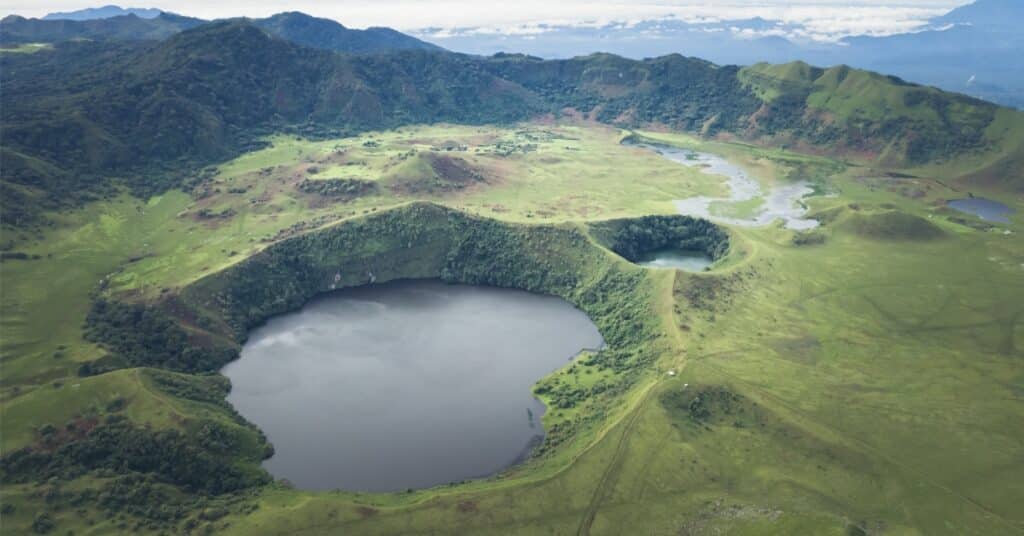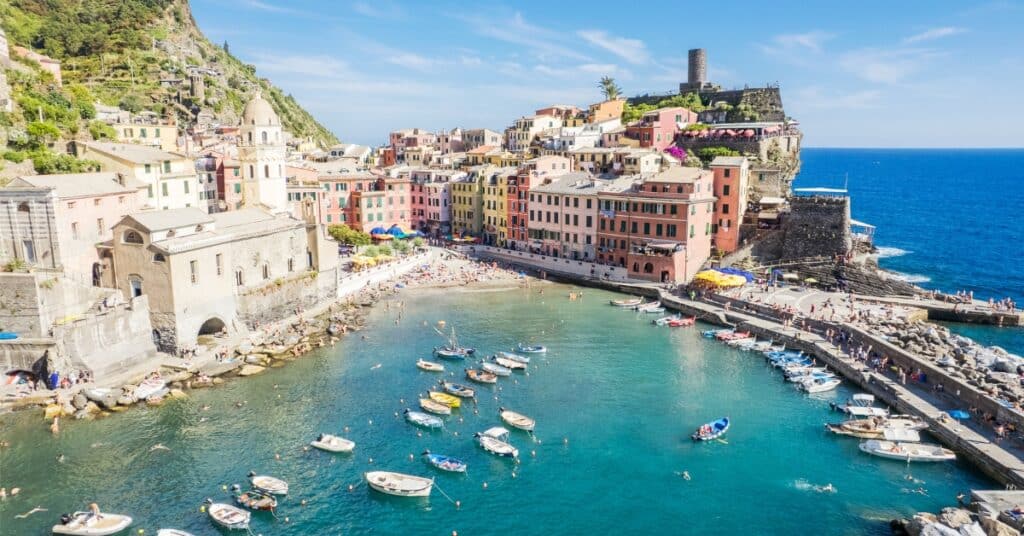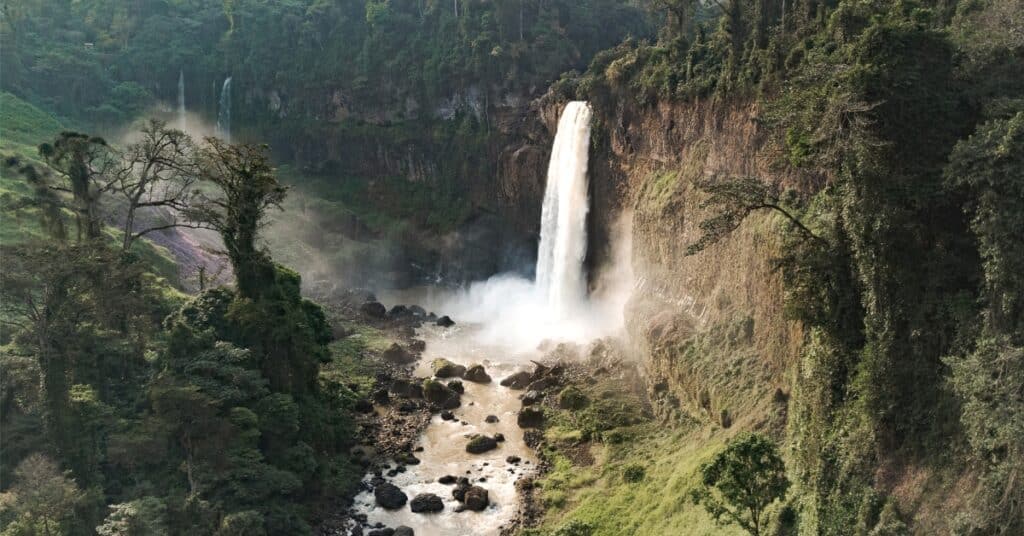Rhythms on the Wouri: A Day at the Ngondo Festival 2023
The first hint of Sunday’s sun had barely touched the sky over Douala, but my heart was already racing. A nervous, electric energy coursed through me, the kind of anticipation that only comes when you stand on the threshold of something truly profound. Today was the day of the Ngondo Festival, an event I knew was not just a celebration, but the very pulse of the Sawa people of Cameroon. It was a day for the community to honor its deep, ancestral ties to the water, a tradition that flows as powerfully and mysteriously as the Wouri River itself. My adventure was to go beyond mere observation; I had been granted the incredible privilege of witnessing the festival’s centerpiece, the pirogue race, from a boat on the Wouri Bay, a perspective usually reserved for the most respected traditional chiefs.
I had risen before dawn, the city’s quiet hum a stark contrast to the festival’s growing rhythm I could almost feel in the air. This wasn’t just about capturing photographs; it was about immersing myself in a story centuries in the making. The Sawa people’s lives are interwoven with the river and the sea, and their beliefs are rich with tales of the Miengu, the enigmatic water spirits said to inhabit a kingdom beneath the waves. The Ngondo Festival is their annual covenant, a vibrant, living dialogue with these spirits and their ancestors.
By 10:15 AM, I met with my fellow travelers, our shared excitement a palpable force. As we boarded our vessel at 10:30 and pushed off from the shore, I felt a distinct shift. We were leaving the familiar world of solid ground and gliding into a sacred, fluid arena where history and celebration would collide.
At precisely 11:30 AM, the race exploded into life. Four massive pirogues, each a masterpiece of craftsmanship and vibrant color, surged forward. Inside each, forty rowers moved as one, their bodies a testament to synchronized power and grace. Their oars didn’t just break the water’s surface; they sliced through it with a rhythmic precision that felt like a heartbeat. It was a breathtaking display of human strength, a perfect harmony of muscle, wood, and water.
From my vantage point on the river, the spectacle was overwhelming. The Wouri had transformed from a simple bay into a grand amphitheater of culture. The air was thick with the resonant beat of drums, the encouraging shouts from countless boats and the distant roar of the crowds on the riverbanks. It was a joyous, beautiful chaos, a raw, unfiltered celebration of life that dissolved the barrier between participant and spectator. We were all part of it, carried along by the same current of collective spirit.
For two hours, I was completely captivated. This was far more than a competition. It was a dance on water, a physical prayer, a powerful demonstration of a community’s unity and enduring spirit. I watched the focused expressions of the rowers, their muscles straining with every stroke, their movements telling a story of dedication passed down through generations.
I lowered my camera more than once, simply to absorb the raw emotion of the moment. It was a powerful reminder that some things must be felt before they can be framed. This experience, facilitated by my friends at Camertour who had previously guided my eye-opening visit to Manoka Island’s abandoned prison, was a lesson in authenticity. It reinforced my belief that to truly understand a place, you must witness its living heart, not just its silent monuments.
As our boat gently returned to the shore and the echoes of the drums began to fade, a profound sense of gratitude washed over me. The magic of the Ngondo Festival wasn’t just in the spectacle of the race; it was in the resilience of the tradition itself. It was in seeing a community come together to honor its identity with such passion and joy.
In a world that often feels disconnected from its roots, witnessing this event was a powerful and hopeful affirmation.
It served as a vital reminder that these cultural treasures are not relics of the past; they are living, breathing stories essential for our future. It is our collective responsibility to listen to these stories, to support these communities, and to ensure that traditions like the Ngondo Festival are preserved, so their vibrant rhythms can inspire and guide generations to come.



